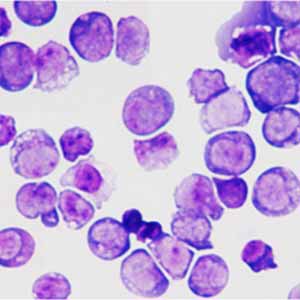Researchers Illuminate Key Role of NOX Proteins in Liver Disease
Researchers at the University of California, San Diego School of Medicine have demonstrated a direct connection between two signaling proteins and liver fibrosis, a scarring process underlying chronic liver disease, the 12th leading cause of death in the United States.













